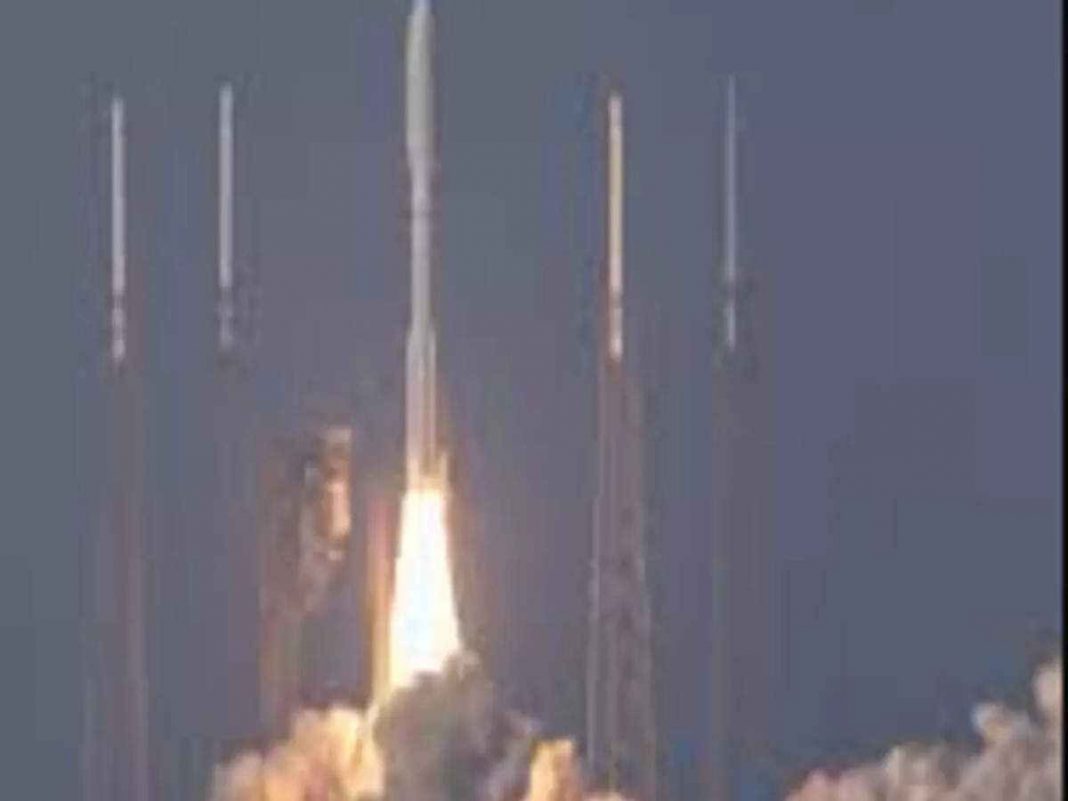NASA Administrator Bill Nelson said on Tuesday that China continues to demonstrate a lack of transparency and a lack of desire to engage with the United States and other nations in the space programme.
“We want collaboration from the Chinese government, which has not been given (yet), but it takes two to tango,” Nelson said during a news briefing at the Kennedy Space Center in Florida.
It was thanks to the Good Lord that the space station came crashing down in the Indian Ocean since they did not save enough fuel when they launched it into orbit. (However,) it might have came crashing down in Europe, or it could have come crashing down in Saudi Arabia. According to him, “It may have come down in Greece.”
According to Nelson, the Chinese government has yet to express an interest in such collaboration, and as a result, the United States will deal with watching Chinese space activities as it develops.
According to the Defence Intelligence Agency (DIA) of the United States, the Chinese government may be preparing a strategy to utilise space technology to block American radars and jam advanced weapons systems if the situation calls for it.
According to this article, Russia and China both want to surpass the United States as the world’s top space powers in the near future.
In order to establish themselves as dominant space powers, Beijing and Moscow are attempting to establish new international space standards. They want to undermine the United States’ global leadership by using space and counter-space capabilities, according to the intelligence agency.
According to the Defense Intelligence Agency, the combined space fleet of Russia and China will expand by 70% between 2019 and 2021, while the two nations’ separate space fleets would grow by more than 200 percent between 2015 and 2018, according to the agency.
“Between 2019 and 2021, the combined operational space fleets of China and Russia will have increased by nearly 70 percent,” says the report. According to the agency, “this recent and ongoing expansion comes after a period of growth (2015-2018) during which China and Russia boosted their combined satellite fleets by more than 200 percent.”

